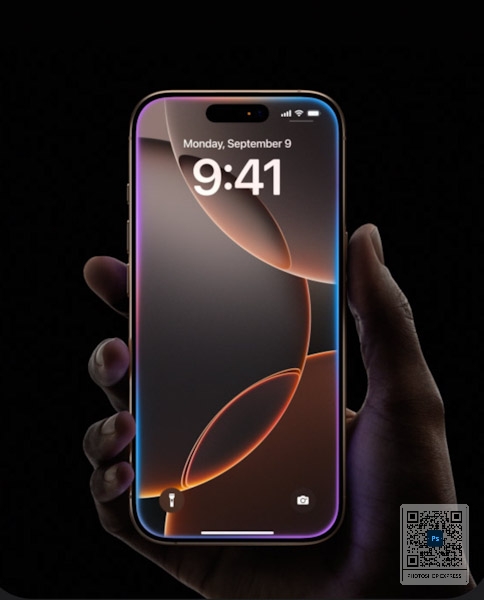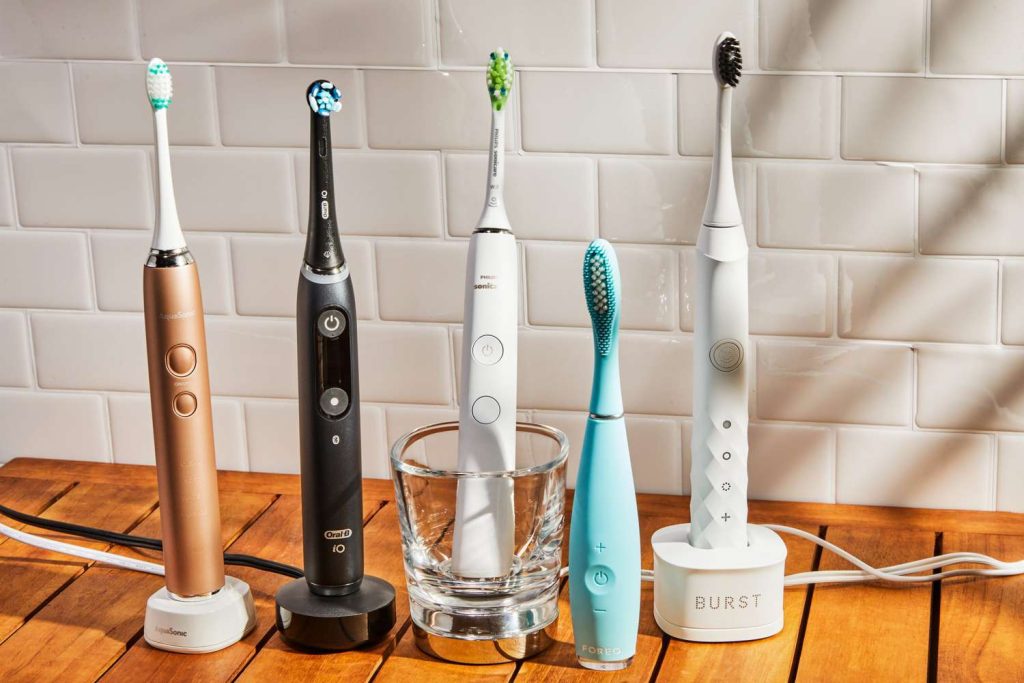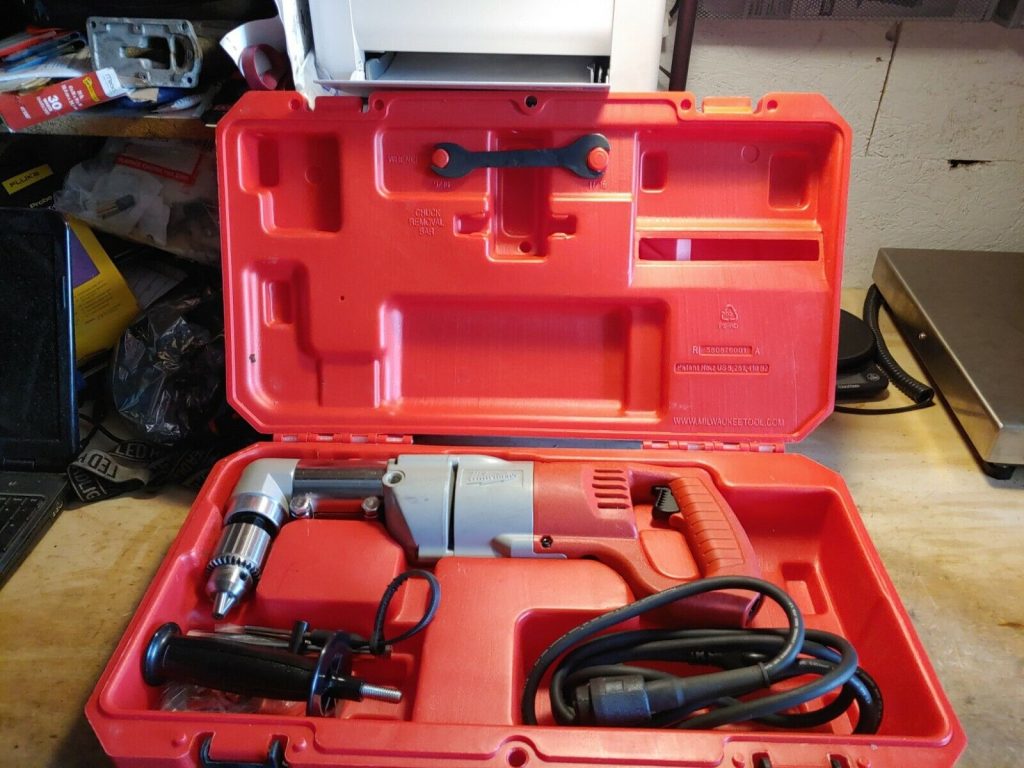The iPhone and Samsung Galaxy series have long been rivals in the smartphone market, each vying for the title of the best camera phone.
iPhone 16 vs. Samsung Galaxy S24: A Camera Showdown
With the release of the iPhone 16 and Samsung Galaxy S24, the competition has intensified. Let’s delve into a comprehensive comparison of these two flagship devices’ cameras, examining their key features, performance, and capabilities.
iPhone 16 vs. Samsung Galaxy S24: Camera Comparison
| Feature | iPhone 16 | Samsung Galaxy S24 |
|---|---|---|
| Sensor Size | Typically larger | Smaller |
| Megapixel Count | Lower | Higher |
| Optical Zoom | Similar levels | Similar levels |
| Computational Photography | Advanced algorithms and AI | Advanced algorithms and AI |
| Video Recording | 4K, high frame rates, stabilization | 4K, high frame rates, stabilization |
| Night Mode | Excellent performance | Excellent performance |
| Portrait Mode | Strong capabilities | Strong capabilities |
| Overall | Excellent camera system with strong low-light performance and computational photography | Excellent camera system with high-resolution images and advanced features |
Sensor Size and Resolution
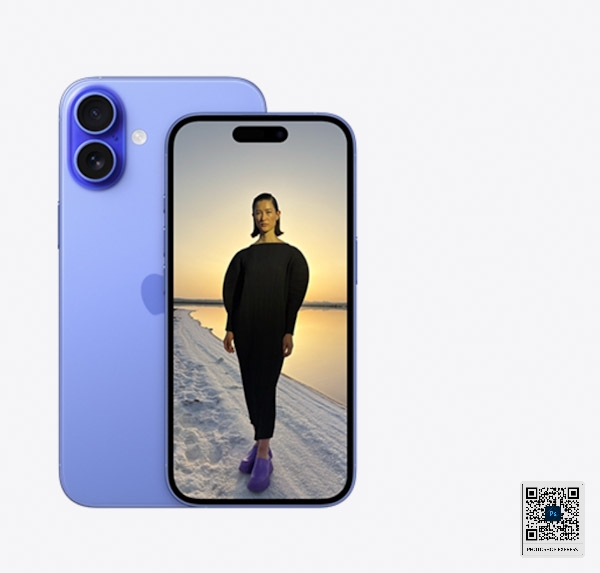
Both the iPhone 16 and Samsung Galaxy S24 boast impressive camera setups. However, they take different approaches to achieving high-quality images. The iPhone 16 typically features a larger sensor size, which allows for more light capture and better low-light performance. This advantage is often accompanied by a slightly lower megapixel count compared to the Samsung Galaxy S24.
On the other hand, the Samsung Galaxy S24 often opts for a higher megapixel count, providing more detail and resolution in images. This can be particularly beneficial for zooming in or printing photos at larger sizes. However, the increased megapixel count can sometimes come at the expense of low-light performance.
Optical Zoom and Telephoto Lenses
Both devices typically include multiple camera lenses, including a wide-angle lens and a telephoto lens. The telephoto lens allows for optical zoom, enabling you to capture subjects from a distance without compromising image quality. The iPhone 16 and Samsung Galaxy S24 often offer similar optical zoom capabilities, although there may be slight variations in the maximum zoom levels.
Computational Photography and AI
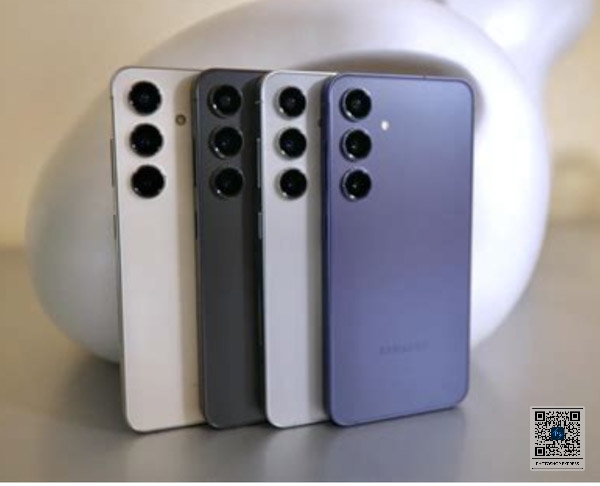
Computational photography has become a significant factor in modern smartphone cameras. Both Apple and Samsung employ advanced algorithms and artificial intelligence (AI) to enhance image quality and add creative features. These technologies can help improve low-light performance, reduce noise, and apply various effects to photos and videos.
The iPhone 16 and Samsung Galaxy S24 each have their own unique computational photography features. Apple’s Neural Engine and computational photography techniques are known for their ability to produce natural-looking photos with excellent detail and color accuracy. Samsung, onsa the other hand, has made strides in computational photography, offering features like AI-powered scene optimization and advanced portrait mode capabilities.
Video Recording
Both the iPhone 16 and Samsung Galaxy S24 are capable of capturing high-quality videos. They often support 4K resolution, high frame rates, and various video stabilization techniques. The choice between the two may come down to personal preferences and specific video requirements.
Night Mode and Low-Light Performance
Low-light photography is a challenging task for smartphones, but both the iPhone 16 and Samsung Galaxy S24 excel in this area. Both devices typically feature dedicated night modes that use computational photography techniques to capture brighter and more detailed images in low-light conditions.
The performance of these night modes can vary depending on factors such as the specific sensor, lens, and computational algorithms used. It’s recommended to compare real-world low-light photos from both devices to assess their performance in your specific shooting conditions.
Portrait Mode and Depth Effects
Portrait mode, which simulates a shallow depth of field effect, has become a popular feature on smartphones. Both the iPhone 16 and Samsung Galaxy S24 offer excellent portrait mode capabilities, allowing you to capture photos with a blurred background and a sharp focus on the subject.
The quality of portrait mode can be influenced by factors such as the accuracy of the depth sensing technology and the computational algorithms used to create the bokeh effect.
Conclusion
The iPhone 16 and Samsung Galaxy S24 both offer exceptional camera performance, making it difficult to definitively declare one as superior to the other. The best choice for you will depend on your specific needs and preferences. Consider factors such as sensor size, megapixel count, optical zoom, computational photography features, video capabilities, and low-light performance when making your decision.

